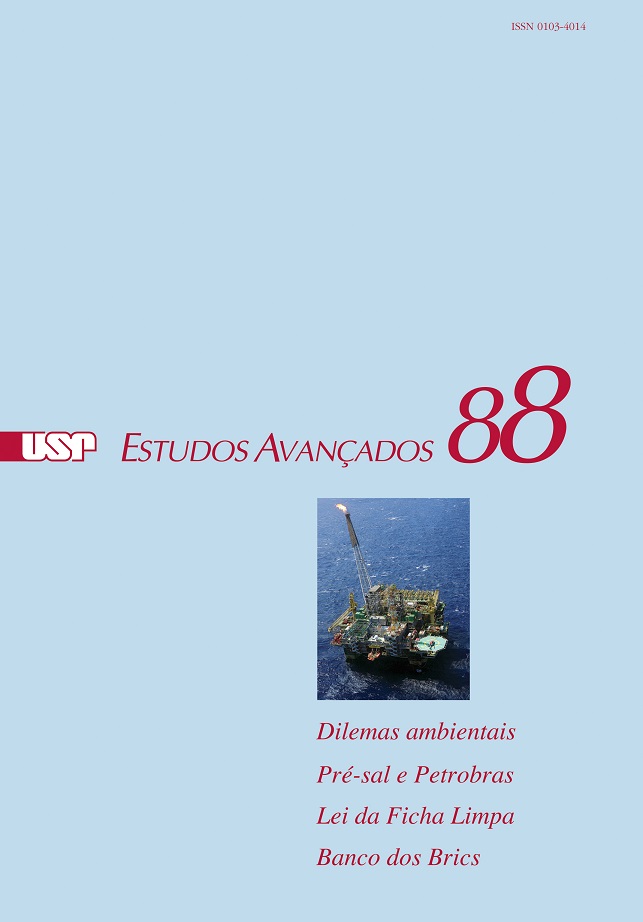Um olhar sistêmico sobre a crise norte-americana
Abstract
In the contemporary context, the global economy can be described as a system based on agents that, as a whole, reveal their own means and ends. The subprime mortgage crisis in the United States is a good example of the implications of such relationshyips, for it was directly related to powerful feedback loops comprising a number of variables that amplified the fact that American families had incurred more debts than their share of the national wealth, enhanced by the outsourcing of production. There is now a new structure in the international economy, in which the former underdeveloped nations are better positioned in the macroeconomic scenario and have greater power than before - a consequence of the necessary systemic rearrangement. Given this complex dynamics, the intelligence function that should monitor and ensure systemic stability failed to be effective and misunderstood the dynamics and the impacts of the capitalist cultural elements in order to avoid losing its hegemony. Observing through a systemic approach, the American economic crisis can be defined as rooted in the premises of the entire framework of cultural globalization that eventually led to the outsourcing of production. Thus, the systemic context of this analysis shows that culture, as an important generator and amplifier, should be the main focus of any attempt to analyze the current global socioeconomic context.Downloads
Download data is not yet available.
Downloads
Published
2016-12-01
Issue
Section
Economia
License
Estudos Avançados não celebra contrato de cessão de direitos autorais com seus colaboradores, razão pela qual não detém os direitos autorais dos artigos publicados. Os interessados em reproduzir artigos publicados na revista devem necessariamente obter o consentimento do autor e atribuir devidamente os créditos ao periódico.
How to Cite
GANZERT, C. C., TERRA, L. A. A., & MARTINELLI, D. P. (2016). Um olhar sistêmico sobre a crise norte-americana . Estudos Avançados, 30(88), 249-269. https://revistas.usp.br/eav/article/view/124283


